Why I Teach #Philosophy?
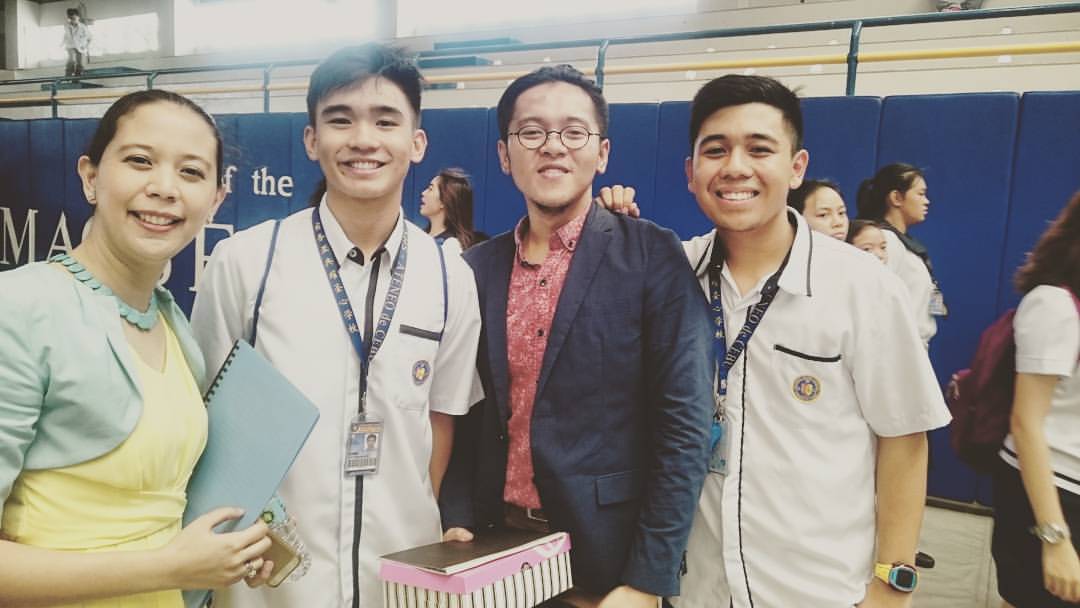
I am a teacher. A peculiar one because I teach a peculiar subject—a difficult and often misunderstood subject—Philosophy. In this entry, I'll explain why.
In 2005, the third Thursday of November has been named by UNESCO (United Nations Educational, Scientific, and Cultural Organization) as "World Philosophy Day" to underline the enduring value of Philosophy as "a discipline that encourages critical and independent thinking, capable of understanding the world and in promoting tolerance and peace" (see http://en.unesco.org/events/world-philosophy-day-2014). As a student and teacher of Philosophy, allow me to share my two cents worth on why what I do is important.
As a student, I had been asked often why I chose Philosophy for a career. Whenever friends ask me what jobs are open for philosophy graduates, I usually answer, "teaching philosophy and doing research". Almost every time, they ask some more, "why don't you take up Law instead?”. Then there I begin my almost rehearsed alibi: "I don't have the discipline for Law school".
This alibi usually cuts short what would appear to be an interrogation. When it fails, I usually end up lecturing them about the value of philosophy -- a move that certainly stops the conversation since anyone I know outside philosophy barely knows anything of value about it.
By "anyone I know", I mean everyone I know who isn't a teacher or a student in philosophy. Among my closest acquaintances, that would be everyone minus at least 50 people (possibly more but not close to a hundred)-- a rather close estimate of the enrollees and faculty members of philosophy in the university where I graduated.
At the outset, most of us, even some of the most educated ones, have but the vaguest idea about the worth of Philosophy. The countable enrollees in almost all philosophy departments are indications of how poorly we value the field.
Now that I'm teaching philosophy, I make it a point to make students appreciate its value. I usually begin the semester with grand narratives of how great men in history are educated in Philosophy, of how almost all the sciences are founded by philosophers, of how cultured, dignified, and all-encompassing the history of Philosophy is. I catch their attention when I narrate stories like Siddhartha Gautama's becoming the Buddha by simply sitting under the Bodhi tree or Socrates' trial and death from trying to find a man wiser than him or Alexander's generous donation of 800 talents (equivalent today to a whooping $ 400 000) to fund Aristotle's, his tutor's, research.
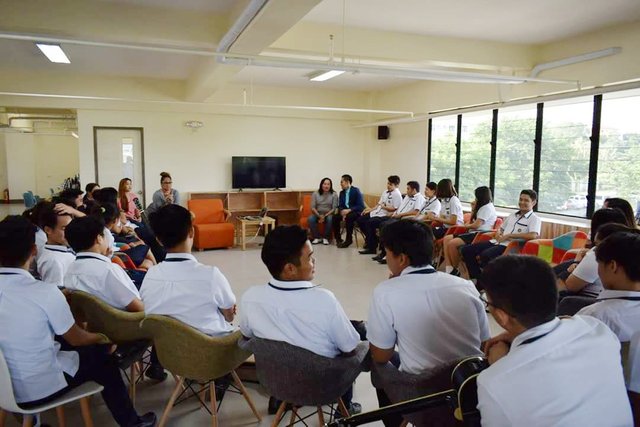
I discuss using stories. I remind students of the past, of how glorious the history of Philosophy is, of how people make history great. And these are the lessons of Philosophy: to take stock of and learn from our past and to understand that people make history great.
What can one get from these lessons? Are these good lessons at all?
Learning from our past is not easy. It demands that we be cognizant enough to notice our persistent forgetfulness: our blatant disregard for the hard work of our ancestors and our almost idiotic stubbornness to learn from their mistakes.
So far, my countrymen, the Filipinos, have been stubbornly forgetful. So far, we have only been resistant to actually learning anything from our past, from our mistakes.
It's obvious. A cursory review of what counts as "current events" on national TV shows only how daily news are actually recurring issues set on a time table: deadly injuries from murderous fireworks or stray bullet killings from unlicensed firearms for January, rising unemployment rates for March, water and electricity shortages during summer breaks, shortages of teachers and classrooms for June, and unmitigated price hikes all year round.
Not to mention seasonal issues. Elections in May, for instance, are mere sequels of award winning mudslinging from tenured political dynasties. Campaign rallies become platforms for bullies of the highest order, professional hecklers who make a living by ruining others. And worst, we get entertained, we get a good laugh out of somebody else's ruined image.
And who would better entertain us if not our primed showbiz idols? In almost all districts, celebrities file candidacy without impunity and we are repeatedly lured by their charm. That an actor-turned-president was impeached for plunder, should have cautioned us enough against pretend public servants whose lifestyles are way too bourgeoisie and "un-Filipino". I mean those whose notion of "family" includes several mistresses and fathering enumerable first-borns. I mean those who understand "hard work" as merely flaunting one's face on commercials while receiving millions for a job that the dumbest monkey can do: sing a little, dance a little, act a little, smile and wave.
In addition, we get introduced almost yearly to new groups of whistle blowers, risking their lives to describe how our bureaucracy has been making us fools, how the government has turned into an organized brotherhood of thieves, or how even the most unsuspected official can blatantly defy our laws and cite immunity, "good faith", or plain politicizing as defense.
Indeed, we have been moving in circles, no different than rodents trapped in a closed maze. We have not learned our lessons. We have forgotten our mistakes.
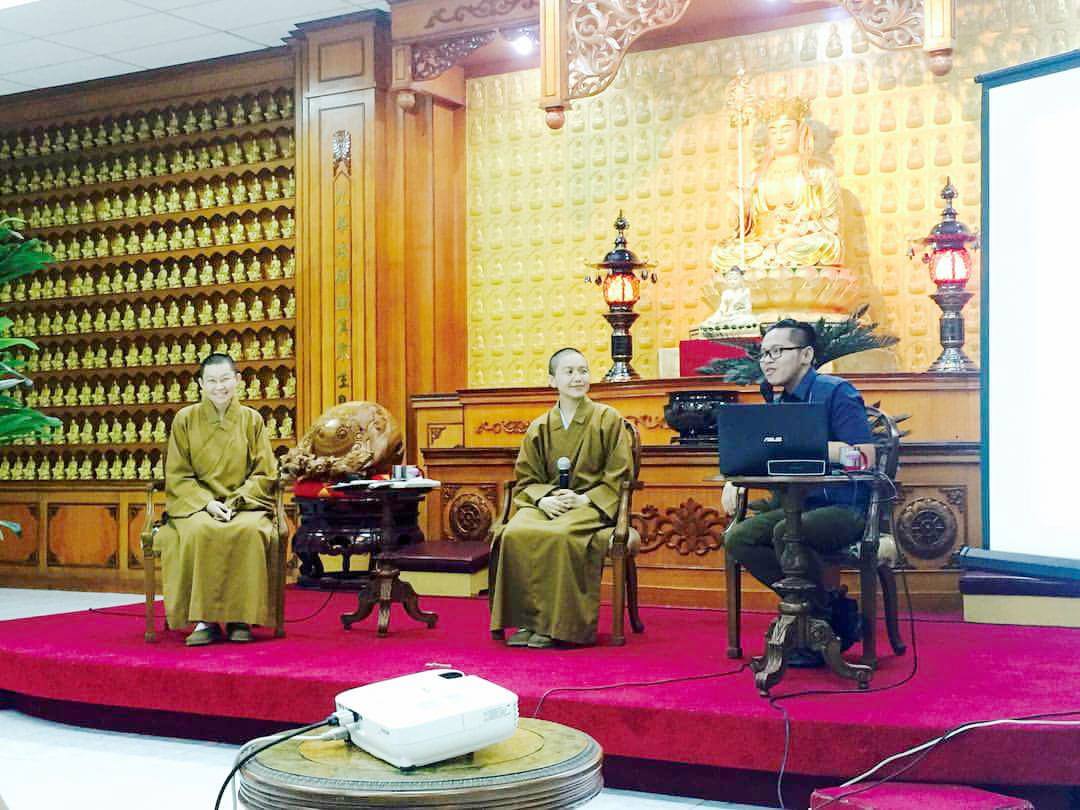
"Forgetfulness" (in the sense which I speak) , to one German Philosopher, results from trivializing history, from reducing historical events to mere oddities meant only to entertain but not to educate.
So far, our history lessons amounted only to this. I know of one instance when among the questions for an examination in a course on Jose Rizal asks about the name of Rizal's dog. No wonder what we know about Rizal, apart from his title as "National Hero", are all of them oddities: the number and names of Rizal's girlfriends or siblings, for instance.
Not that these are bad lessons. But that to reduce the worth of a supposed great hero to sheer description of his exploits via dates and names betrays the very essence of teaching Rizal, which is to make students understand his heroism. Why not let students read Rizal's novels instead?
Lessons like these miss the point of history. Lessons like these misunderstand history. Lessons like these teach history wrongly.
Philosophy knows that one cannot just reduce history to figures and icons. That to understand history correctly, one must first grasp its expressions: the ideas behind events, the ideals behind persons.
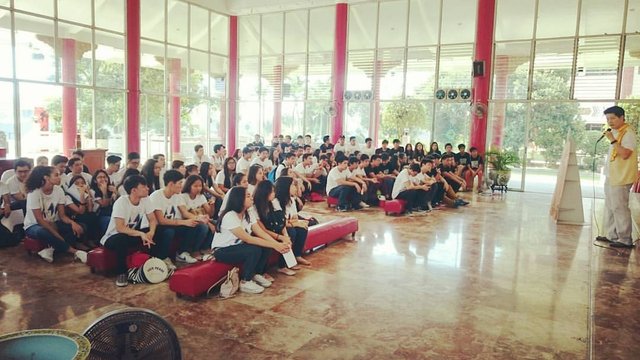
Which is why Philosophy spends time studying lengthy and old literatures. A lot of them would be barely readable to most readers as they all intend to educate and not to entertain. Some authors write 800-page books just to discuss the nature of justice, or freedom, or Science. Others write briefly, say, an 80-page book, but nonetheless writes either so technically like Gottlob Frege's Begriffsschrift or so obscurely like Lao Tzu's Tao Te Ching, among many others.
Who has time for all these? Who has time to worry about ideas and history? People work all day to pay bills and loans, to send their kids to school, to save even a little for when they grow incapacitated to work anymore.
But then, we all pay bills and loans. We all work hard to keep ourselves and our families alive. We all save and worry for when we grow paralyzed and senile from exhaustion. That's our animal function and we have been so good at it. We go to work daily despite dismal salaries. We pay taxes regularly, (except perhaps for some overly greedy, almost criminal, professionals), to no avail apparently. We spend very little to save for when our children goes to college. And yet, why do we remain insufferable and impoverished?
Again, we have forgotten and neglected something, our human function. We have trivialized history into a competition of instincts. We have forgotten that very thing that makes this beastly world a little humane: our reason, our expressions, our ideas, our history.
We go through these troubles because our history is complex, because our species is complex. And only those who seriously study this complexity understand their humanity.
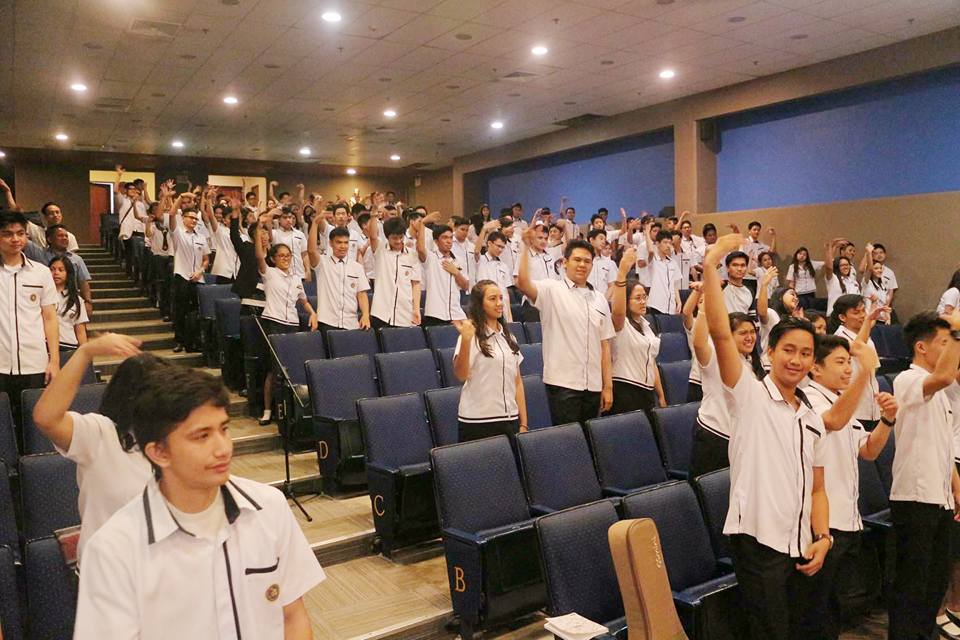
Again, these are the lessons of Philosophy: to take stock of and learn from our past, from our mistakes. And to understand that we, human-all-too-human though we are, are capable of making history great!
_kristian

Good job! See? I told you are great!
meeting tonight @ Parkpoint Ayala! txt me pls! thank you!
keep it up
learn the meaning of life-processes --- philosophical lessons
Great. Thanks for sharing. I vote for you and begin to follow you. And Resteemed...
I'd met quite a lot of BA Philosophy students in uni, and during small talks, I'd admit I was guilty of asking, "Will you continue to Law?" Also, while it's true that you can literally count the number of enrolled BA Philo students in a semester, it's amazing to see the amount of dedication they put into their program. And it's very evident with you, too, so kudos to you, Sir! 😊
I'm Pinoy, too, and gods, I couldn't agree more. Plus this:
HAH! 😂 The people up there ought to remember and hear of your words: take stock of and learn from our past.
we all ought to learn from our past, @erangvee. It is refreshing and exciting to hear from a kindred spirit here in steemit. Im new here. :-) Thanks for taking the time to understand what I meant.
Wow, you're definitely off to a good start. Keep it up! 😊 And you're welcome. You did a really engaging write-up, after all.
The history of the world is contructed by philosophy. If you learn philosophy means you learn the history of idea. Like what you said, we have moved from the savage uncivilsed world becoming the civilised human being through philosophy. The branches of disipline in science is also has it root in philosopy.
Thus, we still need of philosophy to learn about the past and to design our future. I have full appreciate for the teacher of philosophy.
this is why Aristotle calls Philosophy "the most authoritative of the sciences", the first science, and the divine science. exactly! on point @sabjabal
Philosophy is a very interesting subject. And it takes genuine passion and a beautiful mind to be able to share and discuss it with young people. I salute you!
Indeed, passion and beauty are among those that keep us going in philosophy. Which is why philosophy is really a human-all-too-human undertaking. thanks for the insight @lyxng
My pleasure. You are great.
Great points in here. I actually not much into the news now as lots of unreliable sources. Bringing out the past to manipulate but not really learning from it.
indeed, @zararina. the advent of fake news from fake people has rendered suspect even respected media. Philosophy can help us sift through what's truth from farce. this is why I take comfort in philosophy.
It's a great subject philosophy... and you're so right that too few people have too little time, or at least think they have too little time, to reflect properly on the past.
Great strap-line from Nietzsche in yr profile btw.
the irony is it is from lack of reflection on "time" and its worth that makes us think that we are limited by time. Nietzsche is among those authors I admire the most. He died very young and tragic. Yet, despite his brief stint, his thoughts live on far beyond his time. Thanks for reading @revisesociology.
Well said! And here in what Bauman would call 'Pointillist Time' we're even less likely to reflect on its nature!
This is how I convince myself that the pub is a good place to be - it's a slow-time environment.
its nice to see the youth on there goals,love your post.upvoted and resteemed@dontryme2
your post was at a next level sir. sir can you please go through my story and guide me a bit , i really need that. I will be grateful of you if you do so.
https://steemit.com/created/introducingmyself
not only sir but anyone who is reading this post and this he can help me in a philosophical way can visit and help me out.
https://steemit.com/created/introducingmyself
sure I'll visit you page and comment on how I can help. :-)
sir maybe you must be busy so dint get time, writing this message just to let you know that i am waiting for your suggestion on my story . @tianiclao
https://steemit.com/trending/introducingmyself